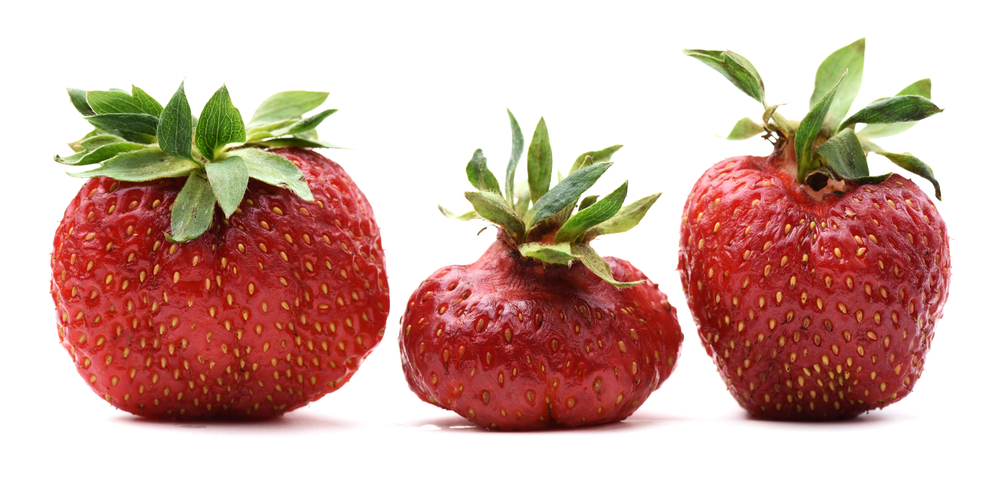
19 Dec The Magic of Embracing Wabi-Sabi
We live in an age of perfectionism. While, sure, the world has always had its fair share of perfectionists, a recent study shows that the number is on the rise. And it’s not a good thing.
A recent study by the American Psychological Association examines group generational differences in perfectionism between the late 1980s and 2016. Analysing data from 41,641 American, Canadian and British college students from 164 samples who completed the Multidimensional Perfectionism Scale, they measured three types of perfectionism:
- self-oriented, or an irrational desire to be perfect
- socially prescribed, or perceiving excessive expectations from others
- other-oriented, or placing unrealistic standards on others
More recent generations of college students reported significantly higher scores for each form of perfectionism than earlier generations.
Specifically, between 1989 and 2016, the self-oriented perfectionism score increased by 10%, socially prescribed increased by 33% and other-oriented increased by 16%.
There are, of course, a number of factors influencing this – from our results-driven academic curriculum to the influence of social media. According to lead author, Thomas Curran from the University of Bath, raw data suggests that social media use pressures young adults to perfect themselves in comparison to others, which makes them dissatisfied with their bodies and increases social isolation. While this hasn’t been scientifically proven, I’m sure most of us have felt it in our own bodies at least once.
Now, in essence, the desire to improve and be the best possible version of ourselves isn’t a bad thing. However, when it becomes an obsession, it tends to steal our joy and that elusive ability to live in the moment. It’s exhausting!
As the old saying goes: perfect is the enemy of good.
WABI-SABI AND LETTING GO OF OUR DESIRE FOR PERFECTION
To counter this obsession with perfection, the ancient Japanese philosophy of wabi-sabi has been making its way back into conversations and culture.
While it’s almost impossible to translate accurately, what it comes down to is being able to see and eventually revel in the beauty of imperfection. For Richard Powell, author of Wabi-Sabi Simple, “wabi-sabi nurtures all that is authentic by acknowledging three simple realities: nothing lasts, nothing is finished, and nothing is perfect.”
Or in the words of Andrew Juniper, author of Wabi-Sabi, “If an object or expression can bring about, within us, a sense of serene melancholy or spiritual longing, then that object could be said to be wabi-sabi”.
So, if you – like most of us, it seems – constantly seem to be battling with your own inability to be perfect, maybe it’s time to let go of that and embrace wabi-sabi instead.
HERE ARE A FEW PLACES WE CAN START PRACTISING IT:
IN OUR HOMES
You know that special set of crockery or a bottle of wine you’ve been saving for a special occasion? Yes, the one that’s been gathering dust for months now… maybe even years. Well, my friend, life is short and we should celebrate far more often than we do! Why not serve dinner to your family on those pretty plates this evening? Invite your best girlfriends over and savour every glass of that beautiful wine you’ve been brooding over for so long.
You can also bring reminders of imperfection into your home by opting for natural elements, such as wood, fresh flowers and plants. Oh, and if the kids have left their toys strewn about once again, take a moment to appreciate their presence – they won’t be like this forever – before getting them to clear up the mess.
IN OUR WORK
The need to achieve some form of perfection is particularly pertinent in those of us pursuing creative careers.
There’s that constant need to compare our achievements with those of our peers in an attempt to measure how well we’re doing in life… or not. Apart from this, there’s also the natural desire to want to improve and grow and learn. Neither of these are bad in essence, but once again, if we become obsessive, we lose our joy and the reason we started pursuing our particular path in the first place.
Wabi-sabi encourages us to welcome both the criticism and the compliments, learn from them and use the wisdom we’ve gained to keep growing and improving. It’s all about gentleness and grace.
IN OUR RELATIONSHIPS
This is perhaps the toughest area to incorporate the flow of wabi-sabi. Our closest relationships tend to hold up a mirror that doesn’t always reflect a pretty picture back at us. Our reaction? Mostly, to take the frustrations we feel for our own shortcomings out on those we hold most dear.
Once again, in these moments we’d do well to remember just how fleeting moments are. This will do wonders for helping us end arguments before they cross lines into really ugly territory or let go of insecurities that hold us back from loving others fully.
The truth is: there is no such thing as a perfect person, which means, there is no such thing as a perfect relationship. The moment we accept this and start seeing the beauty in the ‘failings’ of ourselves, our partners, our friends, siblings, parents etc, we’ll experience a magical unfolding and a new sense of freedom.



No Comments